Post Title
- April 1, 2020
- / Dr. Peter Breggin
- / newsflash

News March 2020
Coping with Anxiety & the Covid-19 Pandemic
How To Help: Getting Protective Equipment (PPE) to Our Healthcare Heroes.
How you can donate protective equipment to help hospitals fight coronavirus
Why helping others actually helps yourself
Sign Petition for more PPE: Open letter on COVID19 and personal protective equipment
Volunteer when depressed? The life you save may be your own
|
|
|
Community Use Face Mask DIY Instructions Not wearing masks to protect against coronavirus is a ‘big mistake,’ top Chinese scientist says
Choir practice turns fatal. Airborne coronavirus strongly suspected
Psychologists answer 4 important questions for couples self-quarantining
|
|
|
A Sewing Army, is Making Masks for America's Medics
How to Sew a Surgical Face Mask for Hospitals Mindfulness naturally increases as people age, finds study
Mindful meditation can help you stay positive when the going gets rough
How to handle coronavirus isolation and anxiety
Forecasting COVID-19 impact on hospitals and deaths by US state in the next 4 months
|
Blue Cross joins Allina to launch skilled volunteer effort to create masks for hospitals and clinics
Coronavirus: Deaconess asks public to sew CDC-compliant face masks for staff
|
|
|
Doctors and nurses treating coronavirus report high rates of depression and anxiety
To protect teens’ mental health, keep them moving
Childhood obesity linked to higher risk of anxiety, depression and premature death
|
|
Psychosocial Approaches to Deeply Disturbed Persons, by Peter R Breggin, MD |
Face Mask Science - Literature Review Coronavirus and the isolation paradox
Forest bathing is the good for the soul activity you need right now
. |
|
|
Time to stop says 'Social Distancing', instead say 'Physical Distancing'
Mutual support in an age of physical distancing
Feeling Anxious? Here's how to talk to your kids about the coronavirus pandemic
How to get a better night's sleep
Even The Young & Healthy Are Getting The Coronavirus . |
Get away from people and closer to nature
9 practices to help maintain mental health during the coronavirus lockdown
PHQ-9 “substantially overestimates depression prevalence”
New study shows 'separation anxiety' in dogs may not be what you think
|
|
Reclaiming Our Children - A Healing Plan for a Nation in Crisis, by Peter Breggin, MD |
A Great Transcontinental Exchange with a Marvelous British Psychiatrist
Feeling anxious about coronavirus? There’s an app for that
3 smart ways to use screen time while coronavirus keeps kids at home
Working from home can make people more productive. But not during a pandemic
Millennials: It's time to prioritize your mental health, given the coronavirus pandemic
How the coronavirus became an American catastrophe
Video: Italy's hardest-hit city wants you to see how COVID-19 is affecting its hospitals
This 39-year-old New Orleans woman tested for coronavirus. She died before getting her results.
|
Psychology experts share their tips for safeguarding your mental health during quarantine
Causes sexual dysfunction, suicide and birth defects?
Feeling confined? Why not take a hike and do some forest bathing?
It’s time to practice social and economic distancing from China
|
What works best for treating depression and anxiety in dementia?
Nature's healing potential – for us, and the planet
How to protect your mental health during the coronavirus pandemic
Psychiatry and the stupidification of America
Daily new deaths in China (red) versus outside China (blue) |
★ New study: Antipsychotic drug Zyprexa (olanzapine) causes brain damage
In China, COVID-19 outbreak leads to posttraumatic stress symptoms
Single joint linked with temporary psychiatric symptoms, review finds
The COVID-19 coronavirus epidemic has a natural origin, scientists say
Anxious about coronavirus? Try these 7 science-backed coping strategies
Common preservative found in cheese may help MS patients
Covid-19 striking mostly those 30 to 50 years old, Belgian EMR doctor reports
New Studies Raise The Coronavirus Threat Factor |
|
|
Is your child getting enough sleep?
Use of anti-inflammatories may reduce use of psychotropic medications for some
Babies’ love of baby talk is universal, Stanford-led study finds
Alarming rate of suicidal thoughts in 9- and 10-year-olds
Social distancing could have devastating effect on people with depression
Managing mental health during coronavirus - experts around the world share insights
Coronavirus: Public Panic & Market Carnage Daily new deaths in China (blue) versus outside China (red)
|
|
Psychosocial Approaches to Deeply Disturbed Persons, by Peter R Breggin, MD |
Why everything is closing for coronavirus: it’s called ‘Flattening The Curve’
Quarantine can harm mental health. Here’s how to support yourself and others
National boards of health are unresponsive to children driven to suicide by depression pills
Psychology is not what you think: an interview with critical psychologist Ian Parker
The therapeutic power of nature bathing
Parental Depression Leads to Kids' Health Problems
Coronavirus: Prepare For National Lockdown
|
|
|
Life in lockdown Wuhan: Coronavirus epicentre two months into quarantine
Psychological impact of quarantine and how to reduce it
Please stop saying depression is like diabetes
GPs must pause before diagnosing, prescribing antidepressants
Satellite images show Mass Graves for coronavirus victims in Iran
Ian's thoughts: This is real folks. This insanely contagious disease, Covid-19, is looking to be much worse than China's data let on. The first two nations outside China to see exponential growth, Iran and Italy, are suffering far far higher fatality outcomes than China reported... Daily new deaths inside China (light red) and outside China (deep red) overlaid Coronavirus And Parenting: What You Need To Know Now The psychological impact of quarantine: rapid review of the evidence
This chart of the 1918 Spanish flu shows why social distancing works
|
Doctor says puberty blocker study had significant flaws
US study reports rate of suicidal ideation in children, and risk and protective factors
Can poor air quality make you gain weight?
7 simple things everyone can cut out of their life to reduce anxiety
Public health interventions being enacted now blunted 1918 Spanish flu pandemic
WHO: How to handwash? With soap and water
|
|
Reclaiming Our Children - A Healing Plan for a Nation in Crisis, by Peter Breggin, MD |
'My anti-depressant withdrawal was worse than depression'
UK teen girl wanted to be male, got breasts removed, now she's suing
Angela Merkel warns 70 percent of Germany could get coronavirus
Tests indicate coronavirus can survive in the air for hours
Daily new (not cumulative) deaths in China (blue) vs outside China (red), up to March 11
Pre-emptive social distancing and improved hygiene before COVID-19 arrives needed
|
Study reveals positive connection between nature experiences and happiness
Cornell researchers discovered the secret to lifelong happiness—and it’s not buying more stuff
No, pumping kids full of puberty blockers is not like denying asthmatics an inhaler
Physician psychotherapy unavailable to 97% of people with urgent mental health need
Poor response of U.S. authorities sets us up for worst-case scenario |
Italy, with aging population, has world’s highest daily deaths from virus
What does the coronavirus mean for the U.S. health care system? Simple math gives difficult answers
Gratitude interventions don’t help with depression or anxiety
Cannabis use disorder may reduce risk of digestive disorders in schizophrenia
Coronavirus symptoms 'take five days to show'
|
|
Psychosocial Approaches to Deeply Disturbed Persons, by Peter R Breggin, MD |
The benefits of exercise for children’s mental health
Three fourths of dogs are angst-ridden—and owners may be partly to blame
Total number of deaths - left axis: Worldwide (excluding China) / right axis: China
How touching your face can spread viruses — and why you’re so bad at avoiding it
Acetaminophen use in pregnancy linked to ADHD and autism
|
|
|
The Dr. Peter Breggin Hour - March 04, 2020
What makes people hear voices?
Dog breeders urged to act over high levels of anxiety in pets
Music intervention and mindfulness reduces the effect of mental fatigue
Passive smoking tied to adolescent depression symptoms
Autopsies offer key clues for early stage COVID-19 patients
|
Antidepressants are ‘notoriously difficult to quit’: research
Coronavirus Cases Tested in U.S. Removed From CDC Website: Congressman
CDC fails to arm USA frontlines with Covid-19 tests
|
|
|
Benzodiazepines linked to more emergency department visits
Fatal constipation? This drug can treat schizophrenia (but has horrible side-effects)
Father helps to set up hiking group after it helped to improve his mental wellbeing
Opioids: Not the best option for lower back pain
More Global COVID-19 Outbreaks, Vitamin D May Aid Prevention
|
|
Psychosocial Approaches to Deeply Disturbed Persons, by Peter R Breggin, MD |
★ Suicide warning on antidepressant label is justified, researchers say
Can't sleep? Prebiotics could help
ADHD medication prescribed at higher rates to children from poor areas
Not only what you eat, but how you eat, may affect your microbiome
Medication fog can mimic or worsen dementia in the elderly
Pandemic Panic? These 5 tips can help you regain your calm
Washington State risks seeing explosion in coronavirus cases without dramatic action
Coronavirus Epidemic Update 29: Testing problems, mutations, COVID-19 in Washington & Iran
|
|
|
★ Dr. Breggin: “The Most Dangerous Thing You Will Ever Do”
Social stress heightens risk for depression through inflammatory response
Why slowing your breathing helps you relax
Do puzzles, brain games really keep older minds sharp?
Mediterranean diet protects those with multiple health issues from depression
The coronavirus exposes our health care system’s weaknesses. We can be stronger
Covid-19 deaths - left axis: Worldwide (outside China) / right axis China
|
|
|
Expert: Coronavirus Pandemic Could Kill Tens of Millions
Can light therapy help improve mood in people with concussion?
|
|
|
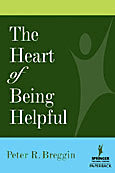
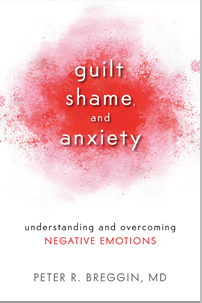

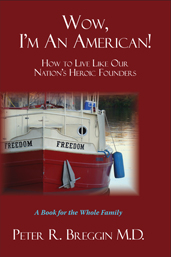
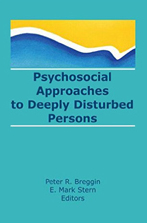
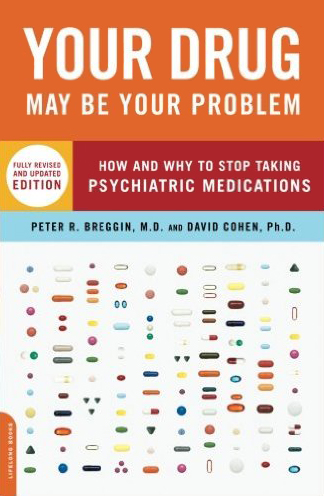
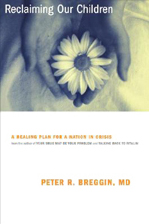
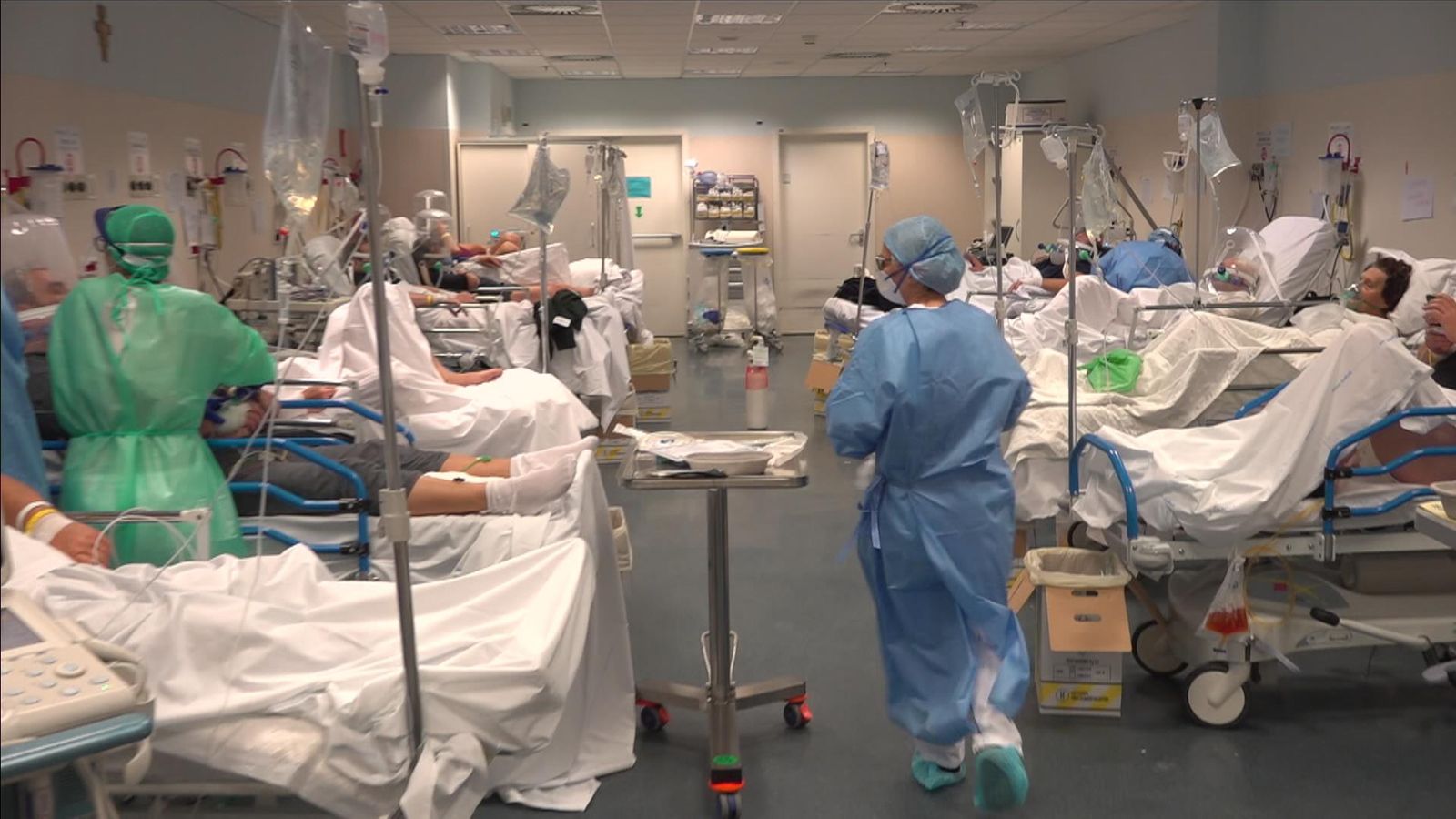

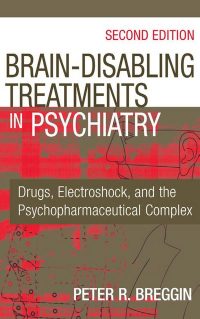






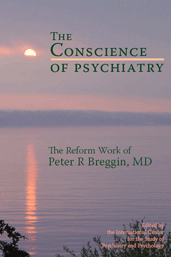


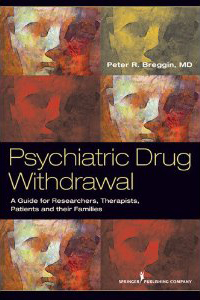


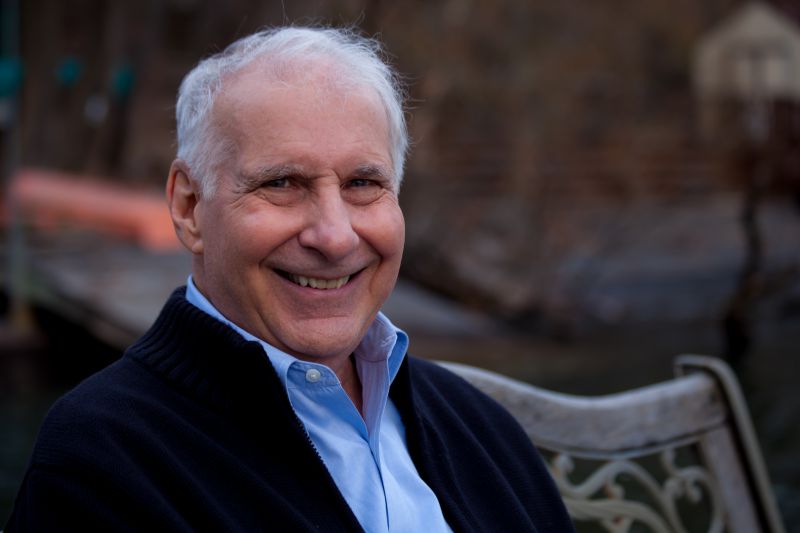 Psychiatric Reform Accomplishments
Psychiatric Reform Accomplishments